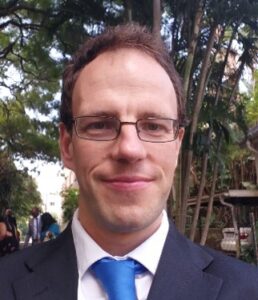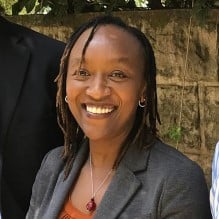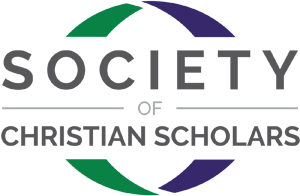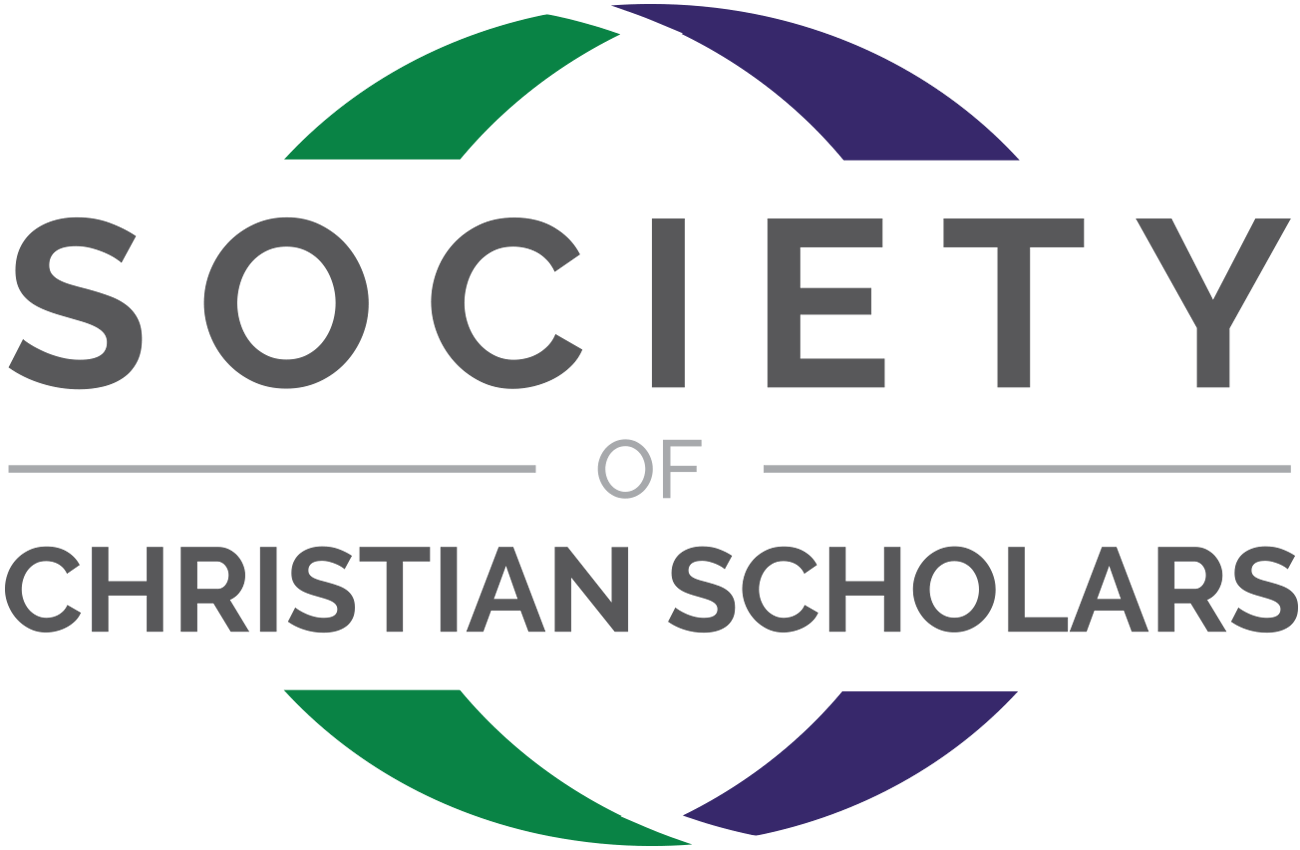Christian Scholars and Vocational Excellence
Christian scholars should be consistently pursuing professional development and vocational excellence. This is because they are called to go beyond mere scholarship and focus on the transformation of lives. For the African Christian scholar, this call goes even deeper, because we Africans have inherited an intellectual template that denigrates indigenous knowledge systems and places material development over and above spiritual and moral development. For these reasons, vocational excellence for an African Christian scholar is not just the acquisition of more knowledge and skills. It is a call for the redemption of reason; to breathe new life into intellectual disciplines; to deconstruct colonial concepts and construct worldviews that are biblical and African; to restore the credibility of the Scriptures in academia; and to mentor the next generation. I believe that this is what it means to be “the light of the world.”


Professional Development and Vocational Excellence
It is a given that scholars should continue to seek opportunities for professional development. Continuing professional development provides avenues for professionals to acquire and enhance their professional skills for career advancement and also for excellence in the workplace. More importantly, it keeps scholars abreast of conceptual and technical developments in their professional areas. It ensures that their skill sets remain relevant and keep pace with contemporary developments and technical requirements in their fields. Additionally, it increases their professional standing and prestige and makes them influential among their students, colleagues, university administration and the wider community.
However, while for the non-Christian, continuing professional development may simply be a pathway to vertical or horizontal occupational mobility, for a Christian scholar, professional development transcends career concerns.
Christian academics are nurturing and shaping minds, helping their students and others to develop skills that are critical not only to survival but also for flourishing in a diverse and complex world. They are called to guide their students and colleagues toward the highest possible levels of scholastic attainment, as well as toward acquiring values that cohere with the Christian faith, which ultimately seeks the reconciliation of humanity with God and the restoration of creation to its pristine wholeness.
When Jesus said, “You are the light of the world, a city set on a hill,” he used a fitting metaphor for Christian scholars. Professional visibility (a city set on a hill) is critical to having a missional influence in academia. Beyond mere visibility is the capacity to be a luminary–i.e., that which provides illumination and direction to humanity. Therefore, to possess and sustain a cutting edge of excellence in teaching, research and community engagement, while wielding substantial missional influence, the Christian scholar needs continuing professional development.
Continuous professional development is essential for Christian academics for several reasons:
To deepen their understanding of God and His Word: The Bible is a rich and complex text that requires lifelong study to fully comprehend its meaning and application. Christian academics have a responsibility to be experts in Scripture, and continuous professional development is essential to help us fulfill this role well.
To be effective communicators of the Christian faith: In a world that is increasingly skeptical of Christianity, it is more important than ever for Christian academics to articulate their beliefs in a way that is both clear and compelling. Continuous professional development helps usstay up-to-date on the latest scholarship and cultural trends, ensuring that our communication remains relevant and engaging.
To be models of intellectual excellence: As Christians, we are called to be “wise as serpents and innocent as doves” (Matthew 10:16). We should strive to be intellectually competent and to engage with the world around us in a thoughtful and discerning way. Continuous professional development enables us to maintain intellectual excellence and demonstrate the value of Christian scholarship.
To be lifelong learners: The Bible is full of exhortations to learn and grow in wisdom. “The wise will seek instruction, but the fool turns away (Proverbs 1:5). “The mind of the discerning acquires knowledge, for the ears of the wise seek it out” (Proverbs 18:15). These verses and many others show clearly that God values learning and wants us to be lifelong learners.

Society Opportunities
2024 Christian Scholars Foundation Legacy Grant Open Until 20 April 2024
Note: For this grant, scholars of any nationality who live and work in the US or Canada are eligible.
Global Scholars, one of the principal partners of the Society of Christian Scholars, will again award one Christian Scholars Foundation Legacy Grant in 2024. The grant will be awarded to a junior faculty member in the U.S. or Canada. The purpose of this grant is to advance Christian scholarship, encourage Christian scholars who are seeking to integrate Christian faith with their academic endeavors, and nurture Christian faculty as they strive for wider recognition in and beyond the academy.
Applicants are required to be members of the Society of Christian Scholars and the Emerging Scholars Network. The 2024 Christian Scholars Foundation Legacy Grant will be $11,000. More details and the grant application are available at the Society of Christian Scholars member site.
Questions concerning the grant may be sent to Dr. Hannah Eagleson, Christian Scholars Foundation Legacy Grant Director, here.
The application period closes on 20 April 2024.
Society’s Bi-Monthly Reading Group
Join the Society’s bi-monthly reading group on Friday, 5 April 2024 at 1400 UTC. We will continue discussing ‘A Case for Cooperation between Evangelical Christians and Humanitarian Islam’ by Thomas Johnson, which can be found in the Society’s Library. Be sure to check www.worldtimebuddy.com for your local time. We look forward to having you join the conversation! Register today!
Partner Courses from the deVries Institute for Global Faculty Development
The DeVries Institute at Calvin University has developed a new course reflecting on sin in higher education, entitled ‘Sin: Learning in a Fractured World’.In this course, N. T. Wright shares how sin has an effect on all areas of life, both personally and institutionally. Join a group of Christian scholars to think deeply about the impact of sin in higher education. If the $100 price is too high, use codes FINAID50 or FINAID90 for a 50% or 90% discount. Contact Matt Lundberg with questions: matt.lundberg@calvin.edu.
Be sure to check out all partner courses at the Society’s website!
Upcoming Webinars
Be sure to check the Webinars Page for third-party webinars that are often added on short notice and for updated presenters and topics that may be helpful in equipping you to bring the gospel to bear in your university context.


Political Constellations: How Jesus’ Example Can Help Us Create Productive Conversations in a Polarized World by Ian Siebörger – Thursday, 21 March 2024 at 1400 UTC
Worldwide, polarization is increasingly eroding people’s ability to have rational and civil conversations with each other. Nowhere is this clearer than in the political realm, where opposing camps spend much of their time talking past each other rather than with each other.
On Thursday, 21 March 2024 at 1400 UTC, Dr Ian Siebörger, Senior Lecturer in Linguistics and Applied Language Studies at Rhodes University in Makhanda, South Africa, will present constellation analysis as a set of tools for analysing others’ positions and enabling clear discussion of divisive topics. Constellation analysis is part of Legitimation Code Theory, a sociological theory of knowledge that builds on the work of Bernstein and Bourdieu. Ian will show how Jesus had a unique ability to discern and rearrange the prevailing constellations of his time and how we can follow his lead in working toward solutions to the political dilemmas facing our societies.
If you would like to read up on constellation analysis before the webinar, we recommend Ian’s article with Ralph Adendorff, ‘We’re talking about semantics here: axiological condensation in the South African parliament‘.
With the intensity of political discourse rising in a number of countries worldwide, do not miss this opportunity to learn how to work toward more peaceful solutions by better understanding one another.


Reading the Bible in Different Contexts by Elizabeth Mburu – Thursday, 18 April 2024 at 1400 UTC
For Christian academics, Scripture is the lens through which we understand the university and its reason for being, not only to discover and communicate knowledge but also to pass on wisdom for human flourishing. How we read the Bible matters because it is our authoritative guide for faith and practice. The key question is – do we all read it through the same lens?
On Thursday, 18 April 2024 at 1400 UTC, Prof. Elizabeth Mburu, Langham Literature Regional Coordinator for Africa and associate professor of New Testament and Greek at Africa International University (formerly Nairobi Evangelical Graduate School of Theology) in Kenya, will address this question. Clearly, she contends, the answer is that we do not. We are all situated within specific contexts, and thus our interpretations of the same text will have different nuances. While we should all consider the worlds behind and of the text, the world in front of the text also plays a role in determining the questions we bring to it.
During this webinar, Prof. Mburu will suggest how we can navigate these different worlds, maintaining that, as with a jigsaw puzzle, each piece fits into the whole to provide a complete picture. To demonstrate, she will present one of these pieces – the African reading of biblical texts. If you would like to explore the topic before the webinar, consider reading the introduction to her book, African Hermeneutics.
Given the importance that Scripture holds in our normative understanding and our ways of functioning in the world as Christian academics, we strongly encourage you to join this conversation. Sign up for the webinar today!
Disclaimer: The views and opinions expressed in the Addenda are those of the authors and do not necessarily reflect the views or positions of the Society of Christian Scholars.

